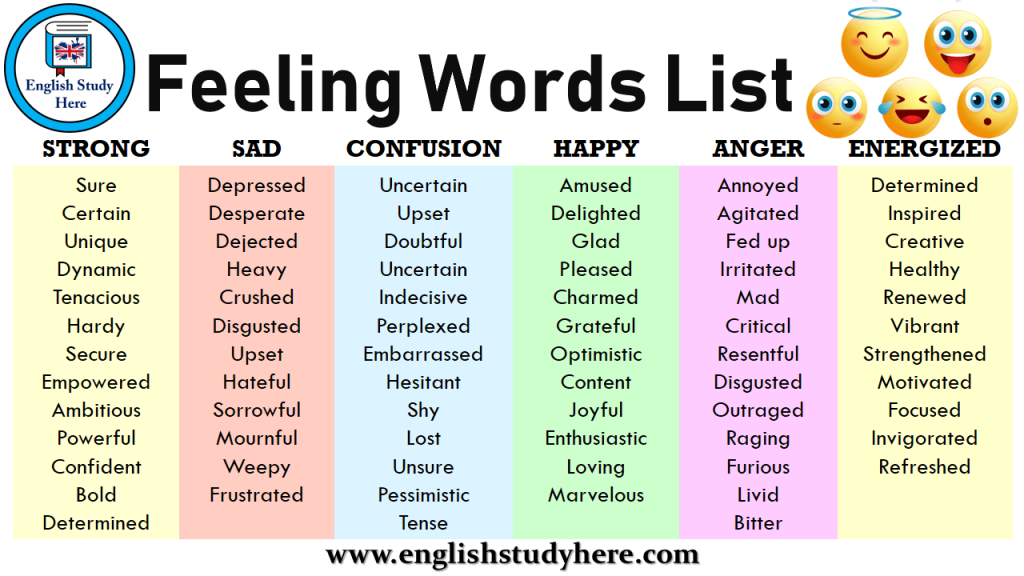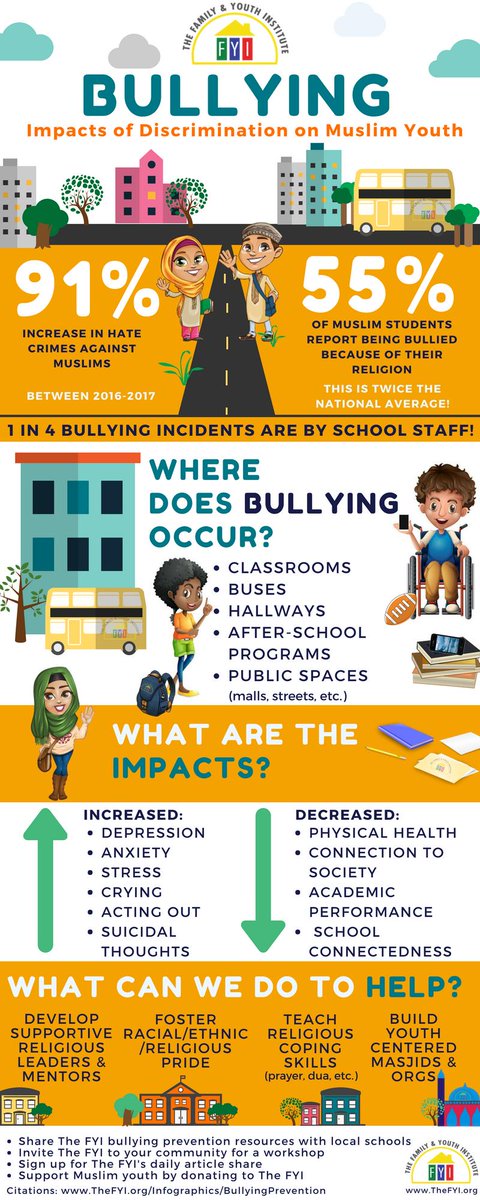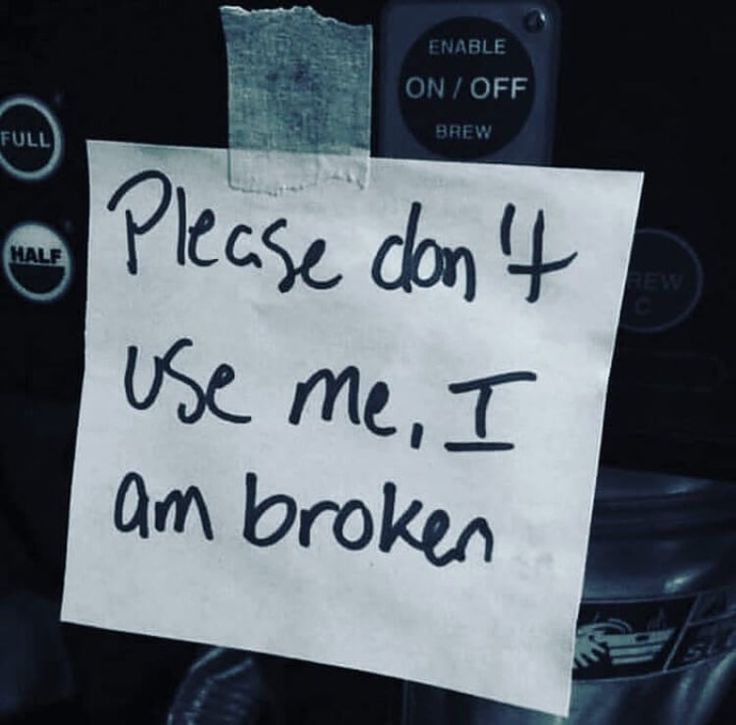What to do with your anger
What To Do If You Are Struggling With Anger
What is anger?
Three animated clouds are next to each other, the first cloud has lots of punching fists coming out if it with the words underneath highlighted in yellow: 'outward aggression'. The second cloud has marks on its cheeks, aiming punches towards itself with the words highlighted in yellow underneath 'inward aggression', the third cloud looks fed up and has thunderbolts around it, the words underneath highlighted in yellow read: 'passive aggression'.
Anger is one of a range of emotions that we all experience. It’s ok and perfectly normal to feel angry about things that you have experienced.
Anger can start to become a problem when you express it through unhelpful or destructive behaviour – either towards yourself or other people. It can also contribute to you developing mental health problems, like depression and anxiety, or make existing problems worse.
If you find yourself doing these sorts of things, it might be a sign that you need some support:
- hitting or physically hurting other people
- shouting at people
- breaking things
- losing control
- spending time with people who get you into trouble
- constantly ending relationships or getting in trouble at school or work
Types of aggression
Why do I feel angry?
Everyone feels angry sometimes - and we all have different triggers. You may experience anger in situations where you feel powerless, or frustrated. This could be because of problems at home or school, or if you've fallen out with a friend, or had a break-up with a partner. You might start to feel angry if you feel misunderstood by people around you, like your parents, or if you are confused about your sexuality.
But sometimes, you can feel angry and not know why. This could be the result of lots of stress and different pressures building up around you. Or it could be because of something that happened to you in the past, like neglect or abuse. Recognising the types of situations which trigger your anger is the first step to figuring out what is causing it, and finding a way to make things better.
What happened the last time you were angry? We asked several people what anger feels like for them, and how they manage it.
How can anger affect me?
When we get angry, it can be hard to think things through – especially if that anger seems overwhelming or uncontrollable. And if we feel angry a lot of the time – in other words, if we get into constant patterns of thinking angry thoughts about ourselves or others – it’s hard to take a step back and communicate in a healthy and productive way.
And if we feel angry a lot of the time – in other words, if we get into constant patterns of thinking angry thoughts about ourselves or others – it’s hard to take a step back and communicate in a healthy and productive way.
We may tense up and clench our teeth. Our hearts might pump faster, our stomachs might churn, and we may clench our fists. These are useful early warning signs that we are getting wound up.
Sometimes, it can be difficult to recognise just how much anger you are feeling, and how it is affecting you. This might be because you have lots of things going on in your life.
After getting angry about something you might start to feel guilty about it, and this can make you feel worse.
The same young person wearing a black t-shirt holds three signs. The signs read:
Here are things I do when I feel myself getting angry.
1. First of all, take a breath
2. Exercise helps me get some built-up frustration out of my system
The same young person wearing a grey jumper holds three signs.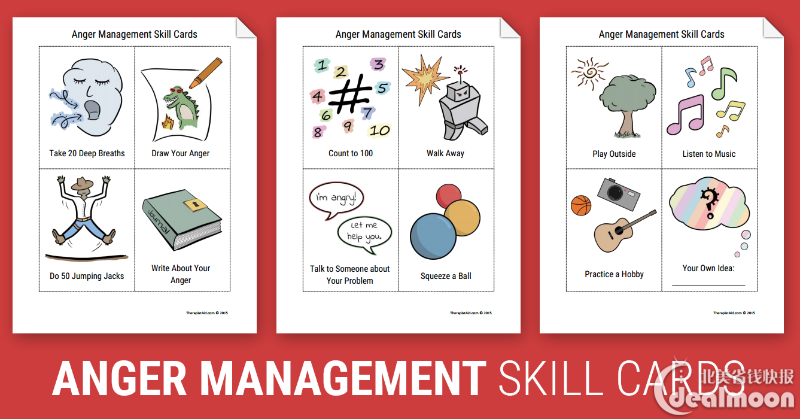 The signs read:
The signs read:
Here are things I do when I feel myself getting angry
1. I talk about how I am feeling
2. I try and recognise I'm angry and listen to others
The same young person has long brown hair and wears a yellow jumper, they hold three signs which read:
Here are things I do when I feel myself getting angry
1. Putting on my favourite music really helps
2. Doing an action that helps me feel something different, like walking my dog
Manage your anger
Issues with anger can lead to risky behaviour, refusing to go to school, isolation, eating problems, depression, and self-harm.
Drinking too much alcohol or taking drugs might be seen as ways of coping with anger issues, but remember they will make you feel worse and are likely to create bigger problems later.
Over time, you’ll learn to manage your anger better yourself. When you feel angry or stressed you can try out different relaxation techniques to help you calm down, such as:
- going for a walk
- listening to music
- taking deep breaths
- doing some exercise
- doing something you enjoy - skateboarding, painting, swimming
- talking to someone about how you are feeling
- playing computer games to take your mind off it
- reading a book
- having a hot bath
If you have a problem with someone, think about what you want to say beforehand and how you want to get your point across. Listen to their point of view and calmly put yours across too.
Listen to their point of view and calmly put yours across too.
If you feel your anger levels rising, walk away from a situation to calm down, rather than saying or doing something you might regret later. You can learn to manage your anger and find techniques that work for you.
Our Activists share their anger management tips
Get help for anger
If you often feel angry there are things you can do to help yourself. Other people can help too.
Talk about how you are feeling. Parents or carers and other family members, such as grandparents, may be good listeners. Your close friends and other family friends may be able to help.
At school, find a teacher, mentor, counsellor or school nurse who you trust. In the community, social workers, youth workers and leaders will also be able to listen.
You can also see your GP. They may be able to suggest some treatment or recommend a counsellor.
Your GP may refer you to your child and adolescent mental health service (CAMHS) where you would talk to a specialist about your feelings and behaviour. The specialist may advise you how to deal with these. They may also suggest counselling if there are problems or things that happened in the past that may be causing your anger issues now.
The specialist may advise you how to deal with these. They may also suggest counselling if there are problems or things that happened in the past that may be causing your anger issues now.
If counselling is your best option, the specialist arranges a series of confidential one-to-one sessions with a counsellor or therapist.
You can talk with them about concerns or problems you might have. The counsellor will help you work through your issues and give you skills and strategies to deal with your anger better. Find out more about what support you can get through counselling on our page.
Counselling and therapyIf you are a parent or carer of a child or young person who has anger issues, take a look at our parents guide to anger advice page. We can also support you through our Parents Helpline. We are here to listen to you, and give you free, confidential advice and information.
Parents guide to AngerWrite it down
Keep a note of how you're feeling:
- What happened that made you angry?
- How did you respond? Did it help?
- How did you feel afterwards?
- What else is on your mind? Is there something making you feel worried, scared or alone?
Talk it out
It helps to talk about how you're feeling.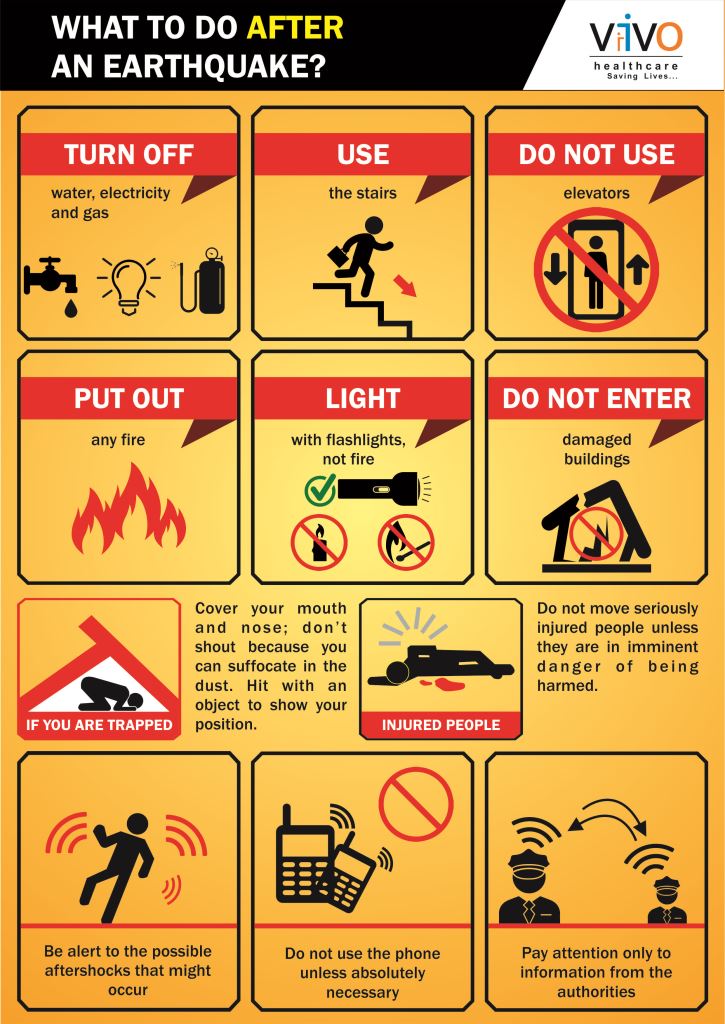 You could try saying:
You could try saying:
- "I've been feeling really wound up recently and I'm starting to think something might be wrong. Can I talk to you about it?"
- "I want to talk to you about something that's been bothering me."
Get help now
Here are some organisations and helpline services who can support you with what you're going through right now.
10 Healthy Ways to Release Rage
As a health care worker during the COVID-19 pandemic, you’ve probably dealt with some anger over the last few months, as the virus continues to take lives across the United States. With infection rates climbing once again, that anger may increase in intensity - what was once frustration may become full-blown rage. The circumstances causing this rage might be beyond your control (you can’t easily change how your government officials are handling COVID-19 in your community or force everyone to obey regulations), but you can control your own reactions. Relaxation techniques or mindfulness often work for lower intensity anger like frustration or annoyance, but with a feeling as high energy as rage, try to let that energy out in a safe way.
Relaxation techniques or mindfulness often work for lower intensity anger like frustration or annoyance, but with a feeling as high energy as rage, try to let that energy out in a safe way.
- Throw or break something (safely).
via GIPHY
Physically throwing something can relieve stress and be helpful in the immediate moment. Have a yard? Get out there with a ball or find some rocks to throw if you have enough space. Or smash something, like a mug or old piece of junk that you’ve been meaning to get rid of. If that’s not a realistic option, get creative - throw something soft (like balled up socks or a roll of toilet paper) against a blank wall or an apple into the woods (the birds will get it).
- Scream – in private.
via GIPHY
When you can feel anger boiling inside you, yelling is often incredibly cathartic and can pull you out of that blind rage you may be experiencing. Take care to not startle or worry anyone (including nearby neighbors) by screaming into a pillow. If you’re at work and can take a break for a few minutes, your car is good option too.
- Sing it out.
via GIPHY
Put on some music that has anger in it – even if the artist’s anger is different from yours. Channeling your own feelings into the song and expressing that fury can help release some of your own anger.
- Dance it out.
via GIPHY
Dancing can be a great way to express your emotions, especially when they are so powerful that you can physically feel them in your body.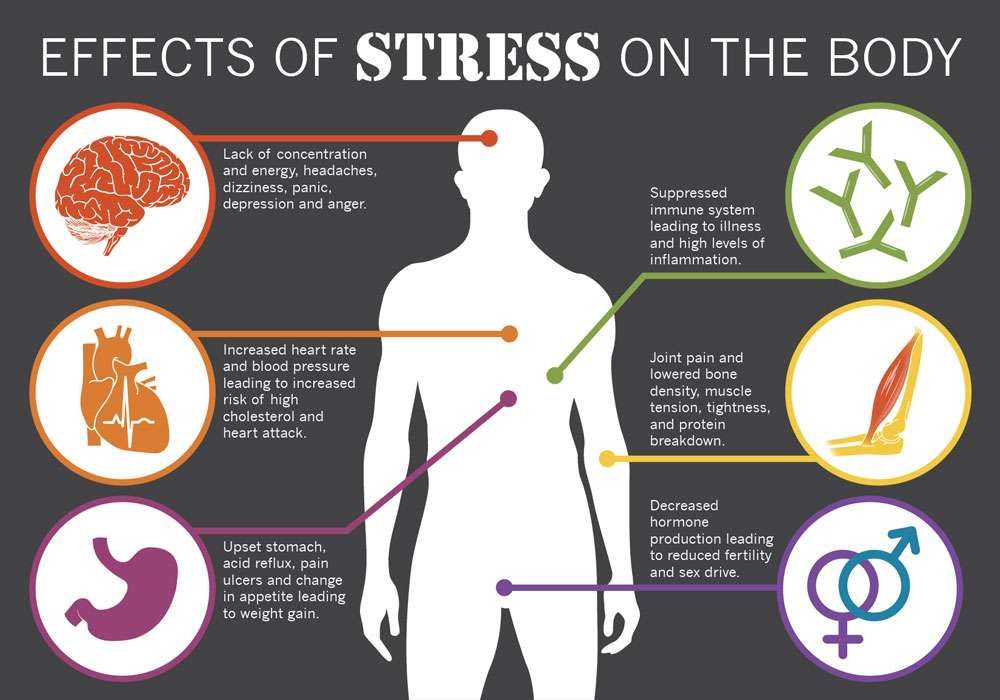 Dance to angry music, happy pump-up music, or no music – just get that excess energy out.
Dance to angry music, happy pump-up music, or no music – just get that excess energy out.
- Do a tough workout.
via GIPHY
If dancing isn’t your thing, try another form of high energy exercise, like boxing or sprinting. You can search for free workout videos online or do your own thing, but make sure to push yourself and give it your all if you’re looking for that anger release. It might feel silly but yelling or grunting while working out might even help you exert more energy.
- Journal.
via GIPHY
Putting your feelings into words isn’t always easy and writing may not be your go-to technique, but if your mind is spiraling with angry thoughts, dumping them all out onto paper can bring some peace. It doesn’t have to be a big ordeal – even just typing a stream-of-consciousness note on your phone during a quick bathroom break can help calm your mind.
It doesn’t have to be a big ordeal – even just typing a stream-of-consciousness note on your phone during a quick bathroom break can help calm your mind.
- Draw or paint.
via GIPHY
Art is often a powerful way to confront your big feelings and turn them into something beautiful. Let go of your work being “good” – allow yourself to create solely to express yourself. Do what feels good rather than focusing on what will look good.
- Change your surroundings.
via GIPHY
When you can’t quiet your thoughts, a change of scenery – even just going into the next room or stepping outside for five minutes – can disrupt the track that your mind is on.
- Destroy a physical representation of your anger.
via GIPHY
Print out that email that set you off or write down the things that are upsetting you. Then scribble all over it, tear it up, or put it through the shredder.
- Verbalize your anger.
via GIPHY
You can always vent to a trusted friend, but sometimes it feels better to pretend you’re talking directly to the person you’re angry at. Pick an empty chair, imagine they’re sitting in it, and yell, scream, or tell them exactly why you’re so mad – whatever feels best to you.
If you’re working to manage your feelings in a healthy way but it just seems impossible, take a mental health screen – you may be dealing with symptoms of a mental health condition.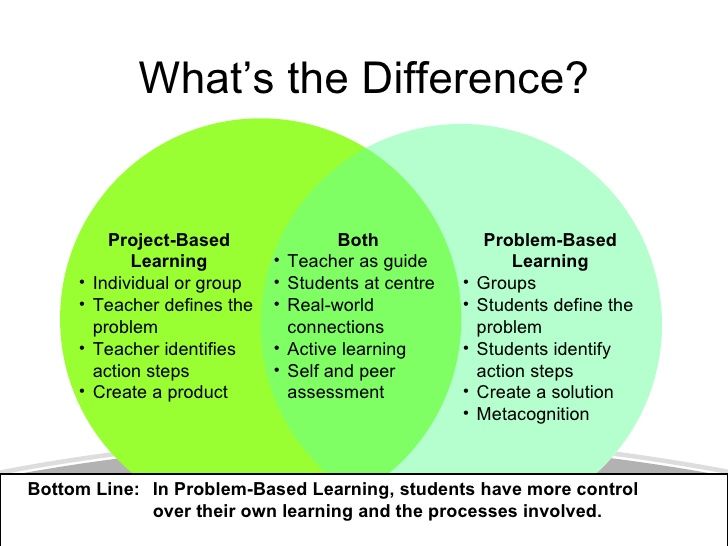 For immediate support, you can reach out to Magellan Health’s COVID-19 first responder crisis line at (800) 327-7451, the Disaster Distress Helpline at (800) 985-5990, or the Crisis Text Line by texting MHA to 741-741 – all of these options will connect you to a trained crisis counselor 24/7/365.
For immediate support, you can reach out to Magellan Health’s COVID-19 first responder crisis line at (800) 327-7451, the Disaster Distress Helpline at (800) 985-5990, or the Crisis Text Line by texting MHA to 741-741 – all of these options will connect you to a trained crisis counselor 24/7/365.
15 Ways to Deal with Anger
35,477
Know Yourself A Human Being Among Humans
Sometimes we think that being angry is bad. This is not true. Anger is a natural reaction when we feel threatened. In this state, the heart begins to beat faster, the face turns pale or flushed, breathing quickens. From an evolutionary point of view, such reactions prepare the body to fight off a predator or to immediately escape.
But this medal also has a downside: too much energy is wasted on anger. The tension it causes can destroy the body. Excessive aggression, both expressed and suppressed, increases the risk of cardiovascular disease. Plus, it's hard to think clearly when your mind is clouded by rage and your adrenaline is running high. Here are some tips to help you manage your anger without hurting yourself.
Here are some tips to help you manage your anger without hurting yourself.
1. Admit that you are angry
The first step is awareness. Acknowledge your feelings. Some of us find it easier to separate ourselves from anger, emotionally distance ourselves, and not identify with it. You are not the embodiment of anger.
2. Breathe slowly and deeply from the diaphragm
Anger provokes a state of vegetative excitement, deep breathing helps to neutralize it. Exhalations should be longer than inhalations.
3. Ask yourself what threatens you
What is at risk: your body, personal or professional relationships, financial condition or self-esteem? Are you at risk right now? If yes, act now. Take care of yourself.
4. Don't jump to conclusions
Perhaps the colleague who didn't greet you was deep in thought or feeling unwell. Try not to jump to conclusions like "he doesn't like me" or "nobody likes me". It is better to ask a colleague how he is doing now or later.
5. Redefine expectations
Often we live with unrealistic expectations and we don't even realize it. But how can everything turn out just the way we want?
We dream of a harmonious life, but reality is full of obstacles. It is time to finally admit that we will have to face difficulties every now and then, and then when we meet with them, anger will not flare up with such force.
Drop thoughts like "he shouldn't have done this" and categorical statements like "always" or "never". Usually such judgments are subjective and erroneous.
Try not to dramatize the situation, don't think that someone wants to harm you
Let's say you hate being stuck in a traffic jam. This is understandable - who likes to sit in a car for hours, moving at a speed of eight kilometers per hour? But what do you usually say to yourself in such cases? What shouldn't be? That other drivers are idiots? It only fuels anger.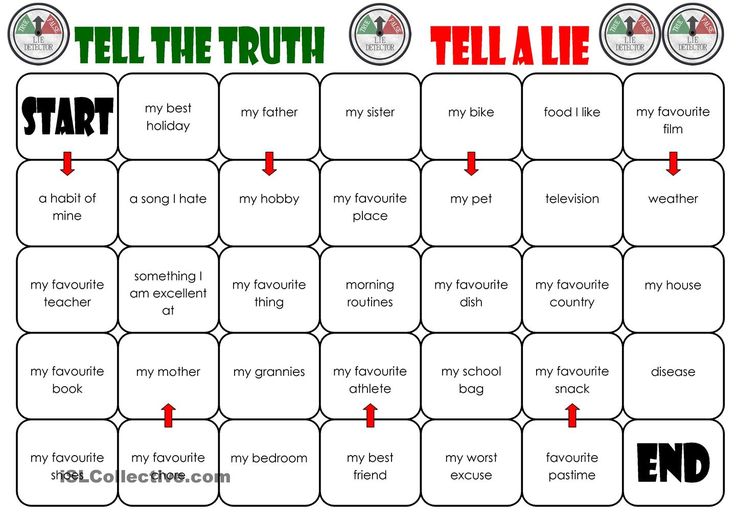
Look at the situation from the other side: "Well, this is an integral part of living in a big city" or "But I can listen to an audiobook." Most likely, your anger will subside.
6. Learn to apply cognitive restructuring
Don't exclaim, "This is terrible, I can't stand it!" Try saying, "Yes, it's annoying, but I can fix this problem." These two approaches give completely different results.
Try not to dramatize the situation, do not think that someone wishes you harm. Understand the difference between a desire and a demand. When talking to others or to yourself, use the phrases “I would like” or “I would prefer” instead of “I insist” and “you must.”
7. Ask yourself what your anger is based on
Anger makes us feel "strong" and "tough", but it's not easy to show vulnerability. But by analyzing your pain, you can better understand yourself. Anger often masks other emotions, such as sadness or fear.
8. Do not use anger as a motivation
It is believed that anger should be released, but this is a mistake. In this way, you can influence the behavior of others, but such changes will not last long. Who likes to be bullied?
In this way, you can influence the behavior of others, but such changes will not last long. Who likes to be bullied?
9. Practice self-compassion
Admit to yourself that you are experiencing unpleasant feelings. This experience is somehow familiar to all people on the planet. Being aware of this fact will help you deal with your anger without hurting yourself or others. Your emotions should not control your actions.
10. Get moving
Take up running, Nordic walking or yoga. This will help lower the levels of hormones that cause stress and anger, and increase serotonin and dopamine levels, which will improve your mood.
11. Talk to a close friend
Someone who knows you well can look at the situation differently and help you do the same.
12. Be aware of your feelings and needs
Use "I-statements" when expressing feelings. Don't criticize or blame others. Try to take feedback from others without becoming defensive or argumentative.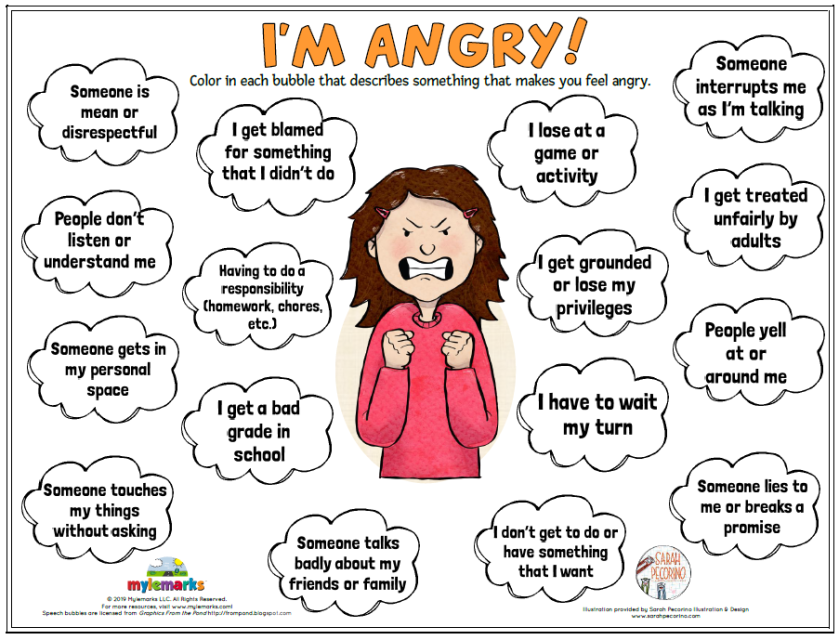
13. Concentrate on the solution
Once you have realized that you are angry and understand why you feel threatened, focus on finding solutions to the problem. So you direct your energy in a peaceful direction.
14. Use anger as a clue
My father and I used to get into heated discussions. When my mother asked: “Why are you swearing again?”, Father answered: “We don’t swear, we are just passionate!” We expressed our emotions without anger and resentment.
What hurts you can tell you exactly how you could benefit the world. Are you upset by the situation with homeless animals? Help a dog shelter. Outraged by the situation of the poor? Become a volunteer at a social assistance center.
15. Practice mindfulness
Don't judge yourself for being angry - that will only make you more irritable and exacerbate the problem. Try to accept the fact that you are angry. Don't let anger control your actions, but don't deny it either. Admit anger and refrain from judgment.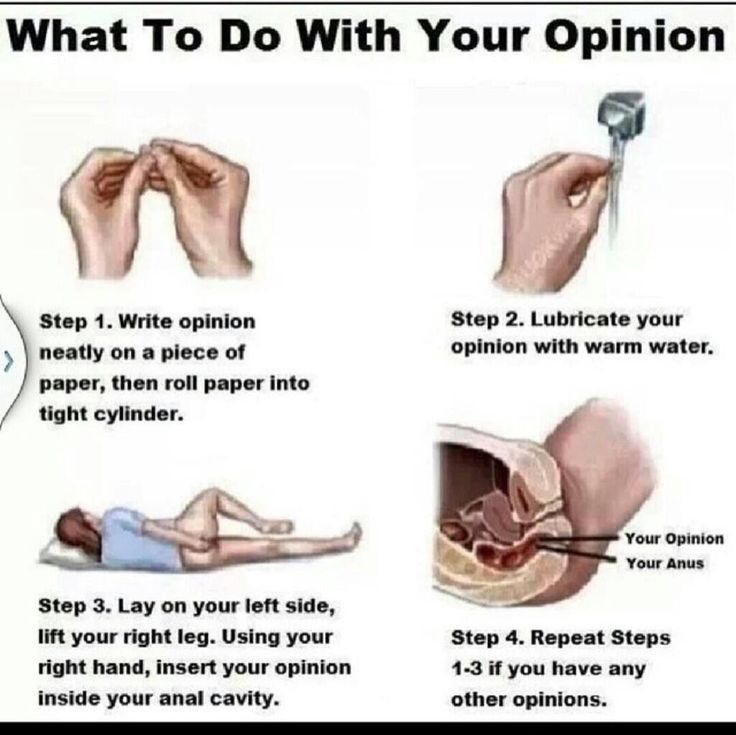 Your goal is to understand what's going on. You can then use the tips above to mobilize, focus, and channel your anger in a constructive way.
Your goal is to understand what's going on. You can then use the tips above to mobilize, focus, and channel your anger in a constructive way.
Anger in itself is not bad, but we must be able to control it so that it does not poison our lives and relationships with others.
About the author: Rachel Finzi is a psychotherapist at UCLA.
Text: Zhanna Omelyanenko Photo source: Getty Images
New on the site
“I serve as a talisman for girls: after talking with me, they always find a relationship”
“After 10 years of marriage, a foreign husband filed for divorce and left me homeless”
Is a turbulent personal life (not) an obstacle to marriage?
Everyday fantasy: how and why we invent another life - 4 interesting facts
Astrologers, psychics, healers: why do people go to them today?
20 alarming symptoms that love is leaving your relationship
“My son is a father of many children and a drug addict.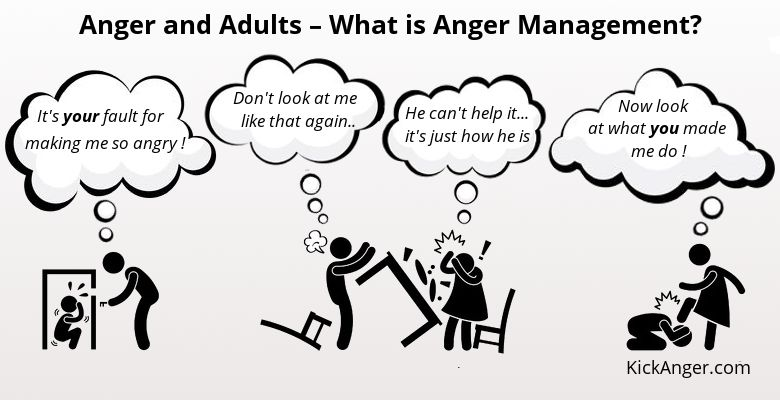 How to help grandchildren?
How to help grandchildren?
Top 10 foods for a healthy winter menu
How to deal with anger: 6 ways for people with high emotional intelligence to those around him something important, but he also pushes them away. We sincerely want to be heard and understood, but we get the opposite result. In whatever form we express aggression, it interferes with building effective communication.
Many people think that a passive-aggressive style of interaction is better and "more pleasant" than open outbursts of rage, but this is not so. The French designate passive aggression with the phrase sous-entendu (“hint”, “reticence”).
We seem to pronounce quite innocent words, but in reality we mean something completely different, evil and cruel end the conversation. So, if you are looking for an honest and productive dialogue, you should look for another strategy.
How to express negative emotions without destroying relationships?
1.
Listen to yourself and be aware of what is happening
Even if you are just seething with anger, it is better to wait it out - otherwise communication will go down the wrong path. When we are angry, the brain is captured by this emotion and we cannot think of anything else. The amygdala, the emotional center of the brain, is so active that it's hard for us to think logically.
Take a walk and take a deep breath, distract yourself with a funny video, meditate, pray - use any technique that will help you regain your composure. Cooling down a bit, you will be able to communicate more effectively.
2. Recognize your emotions
Determine if what you are feeling is really anger? Often we think that we are annoyed by a person or situation, but in fact we do not experience anger, but pain, sadness or rejection. By understanding what your emotions are, you can tell the interlocutor exactly about them.
3. Find out if you are putting the blame on others
It's too easy to blame someone else for your troubles.
You are hungry, tired, overwhelmed, tense, unhappy in marriage, and you place all the responsibility for this on the one who turned up under your arm, most often on someone close to you. By doing so, you push away the people you love the most, and this makes things worse. In addition, your irritation does not disappear anywhere, because you took it out on the wrong person and did not figure out the true cause of your anger.
4. Be curious
Research shows that negative emotions make us self-centered. When we are focused on sensations, we are not able to put ourselves in the place of another and see the situation from his point of view. As a rule, we do not even take into account his condition at the moment. That is why we need to awaken curiosity in ourselves.
Ask why your counterpart behaves the way he does.
Instead of confrontation, ask sincerely why he does what he does. Chances are, the person you're mad at isn't deliberately trying to hurt you.
Try to understand him before you blame him.
5. Express empathy
By putting yourself in the other person's shoes and asking "why" instead of assuming the worst, you communicate openly and respect the other person's right to think, feel, and act in a certain way. As a result, you build deeper relationships based on empathy.
In response to aggression, a person is forced to defend himself and respond in the same spirit, but in this case he feels safe and is able to hear your point of view.
6. Learn to communicate correctly
Express your opinion using "I-messages", talk about how you feel. But do not limit yourself to this, otherwise your view of the situation will remain one-sided. Ask the interlocutor to share his point of view, try to hear him and come to some kind of compromise together. Show genuine interest and don't take a diatribe.
How to keep the situation under control
Forced to associate with a passive-aggressive person? These simple tricks will help you avoid unnecessary stress and defend your boundaries.
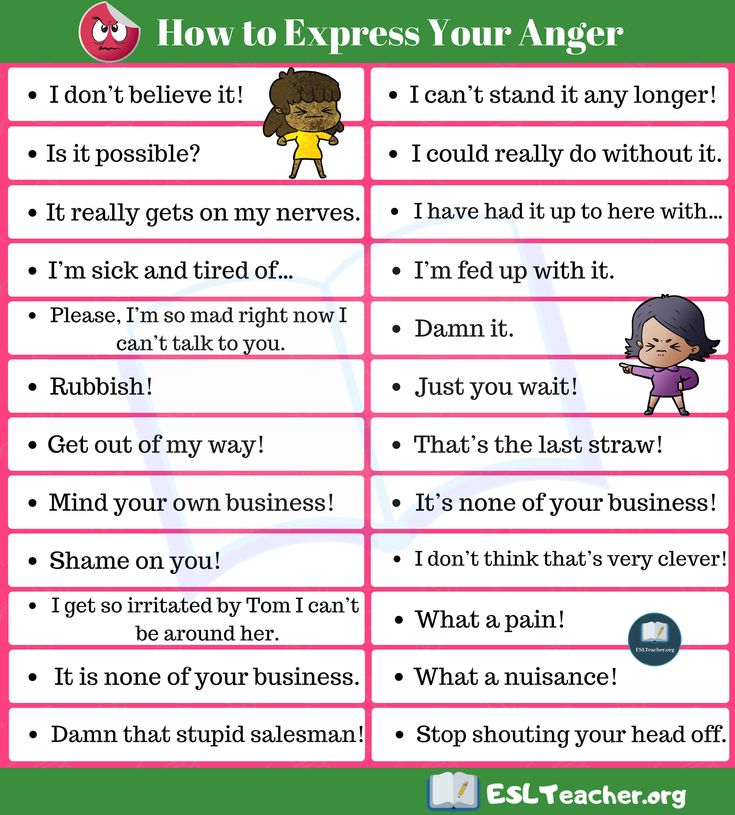
1. Call a spade a spade
"Did you really want it to sound so aggressive?" - this direct question can quickly bring the attacker to his senses. Caught red-handed, he will most likely hasten to answer: “No, what are you!” Then, if you like, elaborate on what upsets him. Offer to talk calmly and kindly about how he feels.
2. Ignore his attacks
If the interlocutor is openly hostile towards you, then you are not at all obliged to follow his lead. If you can let go of the situation and not attach importance to his attacks, you can’t imagine a better way out.
3. Show compassion and forgiveness
A passive-aggressive (or aggressive) person is clearly angry and tense. You won’t envy him - it’s not easy to live with such destructive feelings in your soul. Wish him well and set firm boundaries between you.
4. Ask to speak out
So he can open the cards and lay out what he feels, instead of being sarcastic and hinting.
About the author: Emma Seppala is a psychologist and director of science for the Center for Compassion and Altruism Research at Stanford University.
